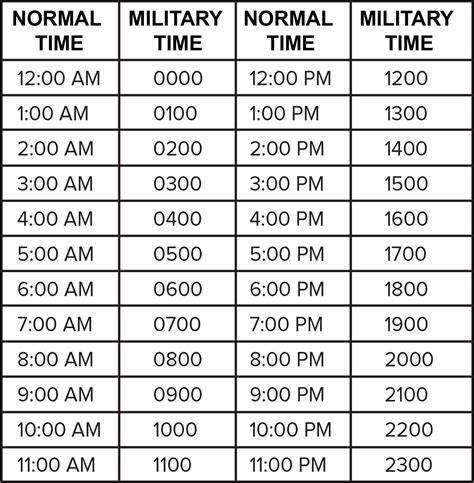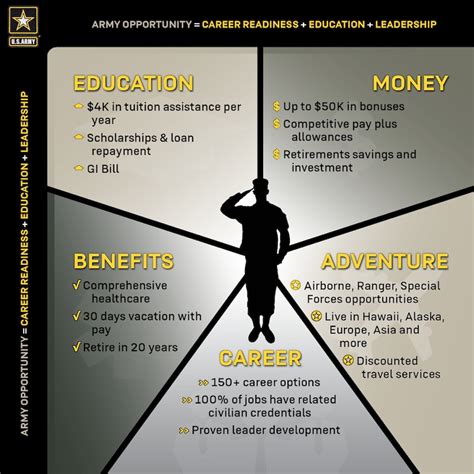National Guard vs Reserves: What's the Difference?
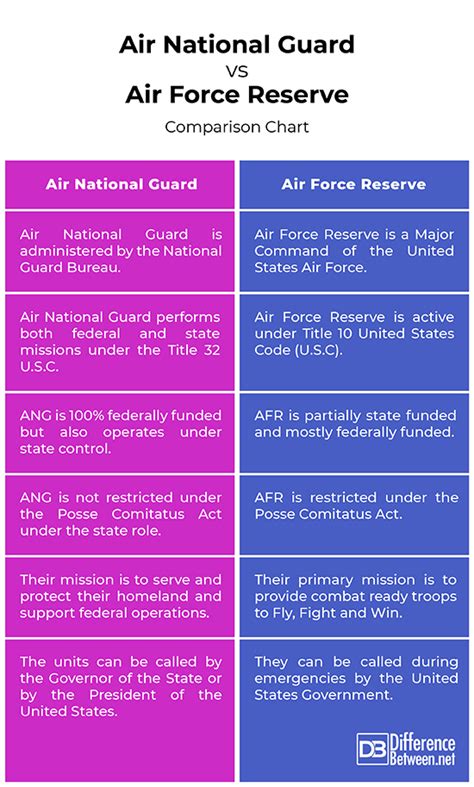
National Guard vs Reserves: Understanding the Key Differences

When it comes to military service, many people are unaware of the differences between the National Guard and the Reserves. While both branches play critical roles in national defense, they have distinct missions, responsibilities, and requirements. In this article, we’ll delve into the details of each branch, exploring their unique characteristics, training, and benefits.
What is the National Guard?
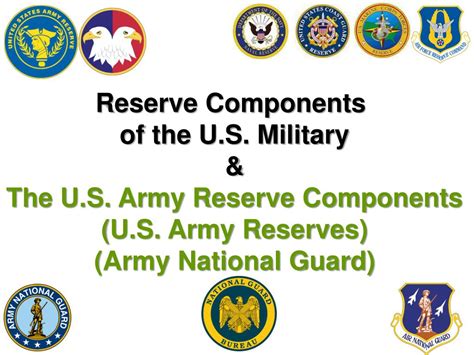
The National Guard is a reserve component of the United States Armed Forces, comprising both the Army National Guard and the Air National Guard. Its primary mission is to provide trained and equipped units to support both state and federal authorities. National Guard members can be called upon to respond to natural disasters, civil unrest, and other domestic emergencies, as well as to support overseas military operations.
Key Facts about the National Guard:
- Dual mission: supporting state and federal authorities
- Can be deployed for both domestic and overseas missions
- Members typically drill one weekend a month and attend annual training (AT) for two weeks
- Training and equipment are similar to active duty components
What are the Reserves?

The Reserves are a federal force that provides strategic depth to the active duty military. They are composed of the Army Reserve, Navy Reserve, Air Force Reserve, Marine Corps Reserve, and Coast Guard Reserve. Reserve members can be called to active duty to support military operations, but they typically serve on a part-time basis, attending drills and training exercises one weekend a month and for two weeks each year.
Key Facts about the Reserves:
- Sole mission: supporting federal authorities
- Can be deployed for overseas missions only
- Members typically drill one weekend a month and attend annual training (AT) for two weeks
- Training and equipment are similar to active duty components
Comparison of National Guard and Reserves

| Category | National Guard | Reserves |
|---|---|---|
| Mission | Dual: state and federal | Federal only |
| Deployment | Domestic and overseas | Overseas only |
| Drill Schedule | One weekend a month | One weekend a month |
| Annual Training | Two weeks | Two weeks |
| Training and Equipment | Similar to active duty | Similar to active duty |
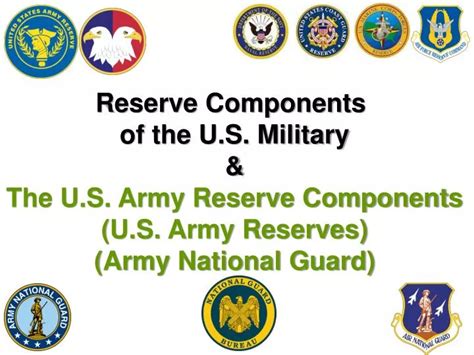
Benefits of Joining the National Guard or Reserves
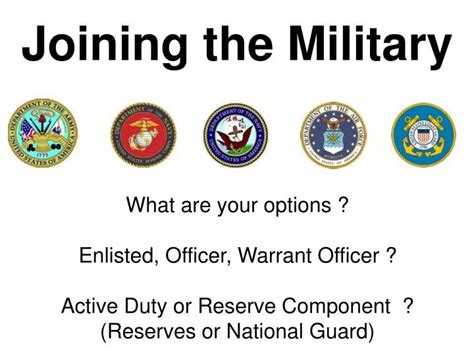
Both the National Guard and Reserves offer a range of benefits, including:
- Education Assistance: Tuition reimbursement, student loan forgiveness, and scholarships
- Health Insurance: Medical, dental, and vision coverage for members and their families
- Retirement Benefits: Eligibility for military retirement pay and benefits
- Job Training and Certification: Opportunities for career advancement and certification
- Travel Opportunities: Chances to travel and experience new cultures
📝 Note: Benefits may vary depending on individual circumstances and branch requirements.
Choosing Between the National Guard and Reserves
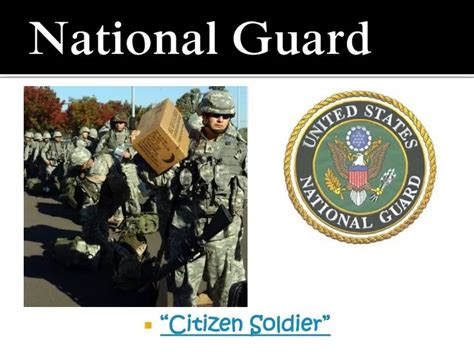
When deciding between the National Guard and Reserves, consider the following factors:
- State vs. Federal Mission: If you’re interested in serving your state and community, the National Guard might be the better choice. If you prefer a federal mission and potential overseas deployments, the Reserves might be a better fit.
- Deployment Opportunities: If you’re looking for the possibility of domestic deployments, the National Guard is a better option. For overseas deployments, the Reserves are a better choice.
- Drill Schedule and Training: Both branches have similar drill schedules and training requirements.
Final Thoughts
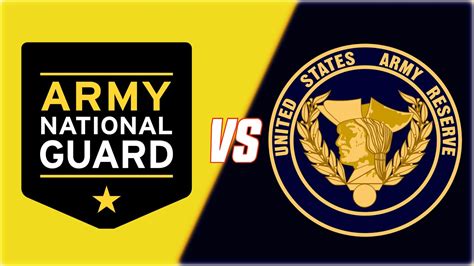
In conclusion, while both the National Guard and Reserves play critical roles in national defense, they have distinct differences in mission, deployment opportunities, and requirements. By understanding these differences, you can make an informed decision about which branch is right for you. Whether you choose the National Guard or Reserves, you’ll be serving your country and gaining valuable skills and benefits.
Can I join the National Guard or Reserves if I have prior military service?

+
Yes, you can join the National Guard or Reserves with prior military service. However, you’ll need to meet the specific eligibility requirements for the branch you’re interested in joining.
How long do I have to serve in the National Guard or Reserves?
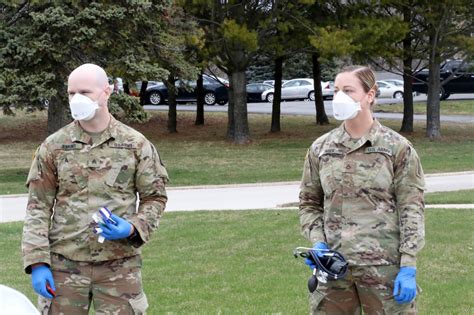
+
The length of service varies depending on the branch and the type of enlistment or commission. Typically, National Guard and Reserve members serve for 6-8 years, with some opportunities for longer or shorter service commitments.
Can I attend college while serving in the National Guard or Reserves?

+
Yes, you can attend college while serving in the National Guard or Reserves. In fact, many members take advantage of education benefits, such as the GI Bill, to pursue higher education while serving.

